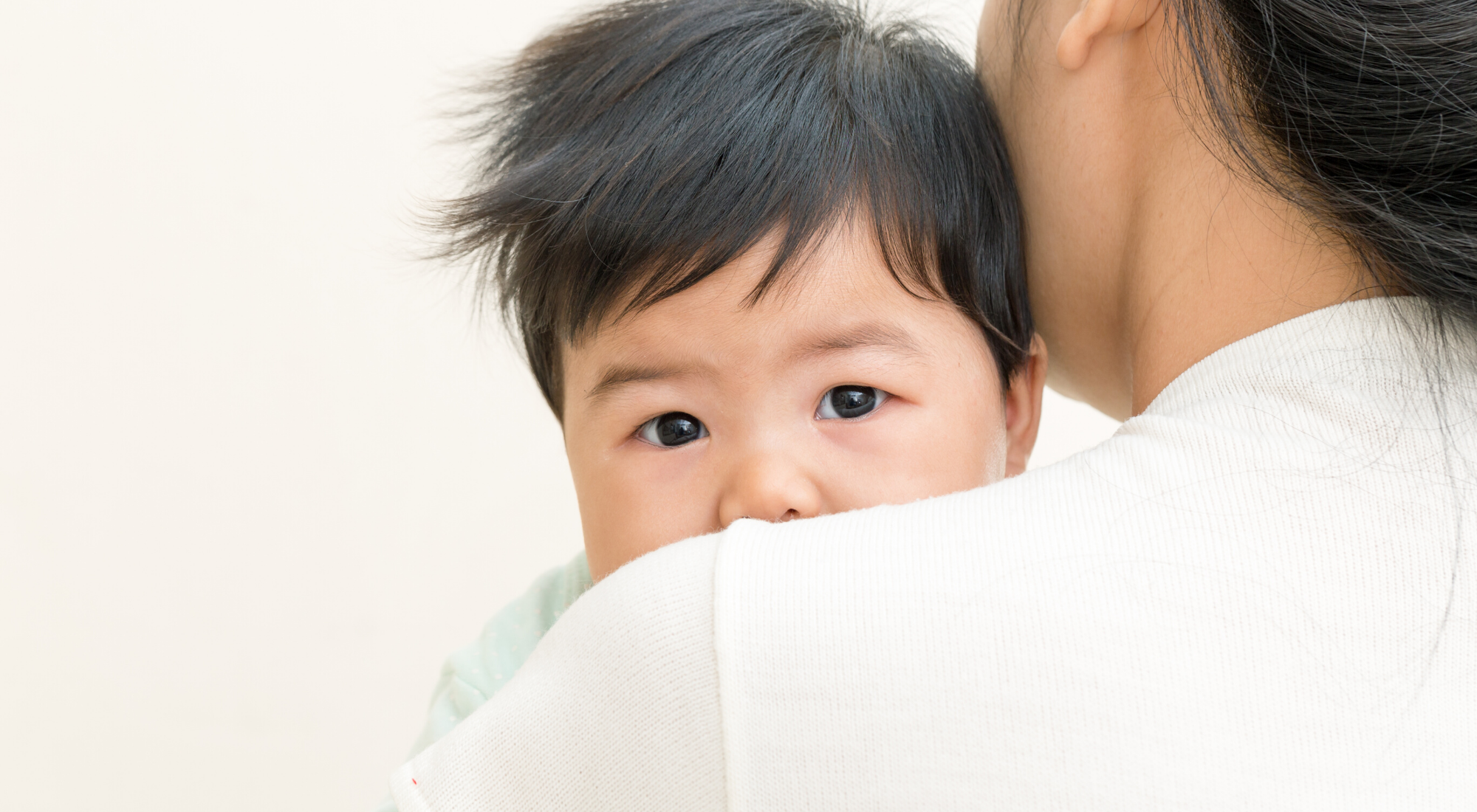
Should You Be Concerned About Your Baby's Hiccups?
What are hiccups?
Hiccups are common in babies. It is a common condition caused by sudden, irregular contractions (spasms) of the diaphragm (a large muscle involved in breathing which sits under the lungs and over the stomach). The contractions cause air to be sucked into the windpipe and this is followed by a sudden closure of the vocal chords, which produce the characteristic 'hic' sound.
Who gets hiccups?
Although babies are inclined to hiccup more often than older children and adults, we all experience episodes of hiccups from time to time. Some people are more predisposed to hiccupping than others. For a small number of people repeated and/or prolonged bouts of hiccupping can be a real problem.
Babies hiccup even before birth. A pregnant woman can often recognize when her unborn baby is hiccupping. One theory on the reason for this is that hiccupping has the purpose of assisting to prepare an infant's lungs for life outside the womb.
Hiccupping is extremely common for newborn babies. Repeated bouts of hiccups generally rapidly decrease with age and have often disappeared by the time a baby is 6 or 9 months old.
What triggers hiccups in babies?
No one knows for certain why babies frequently hiccup, however there are a number of different theories. Because hiccups often develop after eating, it is suggested that they may be caused by pressure on the baby's diaphragm from a full stomach or to swallowing large amounts of air, due to gulping down formula or breast milk too quickly. Then again, there are also times when babies hiccup for no obvious reason.
Are hiccups serious?
Hiccups are particularly common in newborn/ younger babies and are not a reason for concern. They will generally cause a baby no distress whatsoever. Hiccupping does not mean your baby has a stomach ache, indigestion or acid reflux.
Your baby will normally stop hiccupping within 5 - 10 minutes. If your baby's hiccups do not settle within a couple of hours it is important to see a doctor.
What you can do
If your baby is frequently bothered by hiccupping you may find you can reduce the incidence by slowing her feeding down and/or stopping for more frequent burping. (Once your baby has started to hiccup, further attempts at burping probably won't help).
There is no guaranteed way to stop your baby from hiccupping once she has started. However offering her something to drink may help, i.e. a breastfeed or some water. On the other hand, because hiccups will not cause your baby any distress it's not necessary to do anything to try to stop her, as the hiccups will generally stop on their own within 5 -10 minutes. (If she's hiccupping and is also distressed, her distress is more likely due to other reasons).
Written by Rowena Bennett.